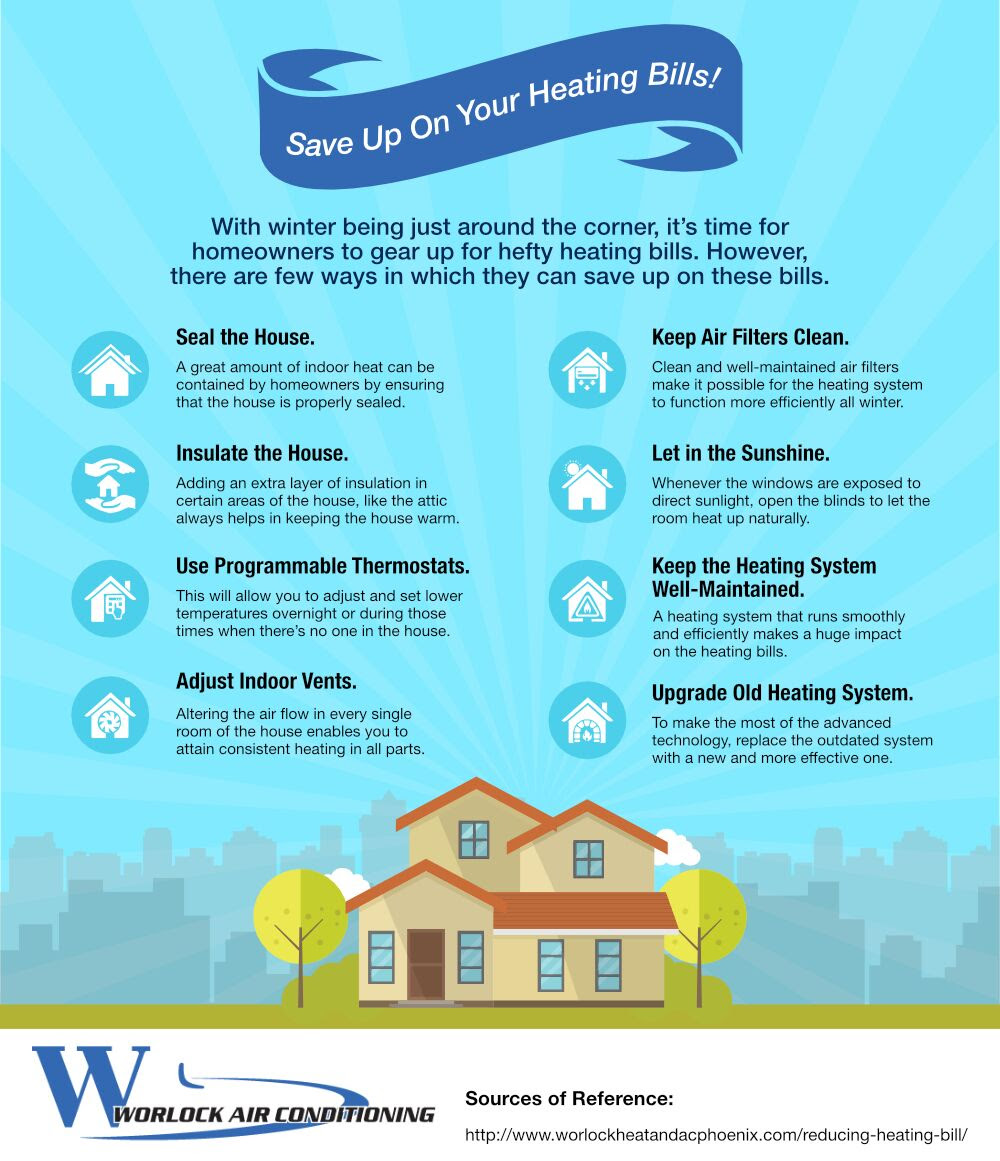How Weather Impacts Heat Pump Performance And What You Can Do Concerning It
How Weather Impacts Heat Pump Performance And What You Can Do Concerning It
Blog Article
Short Article Written By-Drejer Regan
When it comes to your heat pump, climate plays a vital function in its performance. From freezing temperature levels to sweltering heat, each element can influence how successfully your system operates. Yet what can you do to deal with these weather-related obstacles and ensure your heat pump is operating at its ideal? Remain tuned to uncover functional tips and methods to maximize your heat pump's performance, regardless of the climate condition it faces.
Climate Aspects Impacting Heatpump Performance
Climate aspects have a significant impact on the effectiveness of heat pumps. One essential element is temperature. Heat pumps work by transferring warmth from outside to within during winter season and the other way around in summer. As temperatures decline, it ends up being harder for the heat pump to essence warm from the outdoors air, lowering its efficiency.
Another key element is humidity. High humidity degrees can make it more difficult for the heatpump to launch warmth during the cooling procedure.
Additionally, wind speed plays a role. Strong winds can dissipate the warm absorbed or launched by the heatpump, affecting its total performance.
Tips for Optimizing Heat Pump Performance
To boost the effectiveness and durability of your heat pump, applying a few vital strategies can make a considerable distinction in its performance.
First of ducted heating service , make certain routine upkeep by cleaning or changing filters every 1-3 months to avoid airflow blockages and optimize air movement. In addition, schedule annual professional examinations to identify and address any kind of possible issues at an early stage.
Optimum thermostat settings likewise play an essential role. During the winter, go for a temperature setup that's as reduced as comfy, and throughout the summer season, established it as high as comfortable to lower the work on your heatpump. Using Read More On this page can help you automatically readjust setups based on your schedule.
Additionally, sealing leakages in ductwork and shielding ducts in unconditioned areas can stop energy loss and improve total system performance.
Finally, think about installing a smart thermostat that can learn your behaviors and change setups accordingly, more optimizing your heat pump's performance. By adhering to these tips, you can guarantee your heat pump operates successfully and properly throughout the year.
Best Practices for Weatherproofing Your Heatpump
For optimal efficiency and performance of your heatpump, applying weatherproofing measures is important. Start by securing any spaces or cracks around doors, home windows, and ductwork to stop heat loss and keep a regular interior temperature level.
Protect revealed pipelines and air ducts to avoid freezing during cold weather and ensure proper air flow. Consider installing a protective cover over the exterior system to protect it from rough weather components like snow, ice, and debris.
On a regular basis tidy the outdoor unit to remove dust, leaves, and particles that can block airflow and reduce performance. Additionally, keep the area around the heatpump free from snow, ice, and greenery to enable appropriate air flow.
Verdict
Now that you comprehend exactly how weather condition influences your heatpump efficiency, you can take proactive steps to maximize its performance. By following the suggestions detailed in this short article, such as regular upkeep, thermostat adjustments, and weatherproofing steps, you can guarantee that your heat pump operates at its finest despite the climate condition. Keep successful and keep your home comfy all year round.
